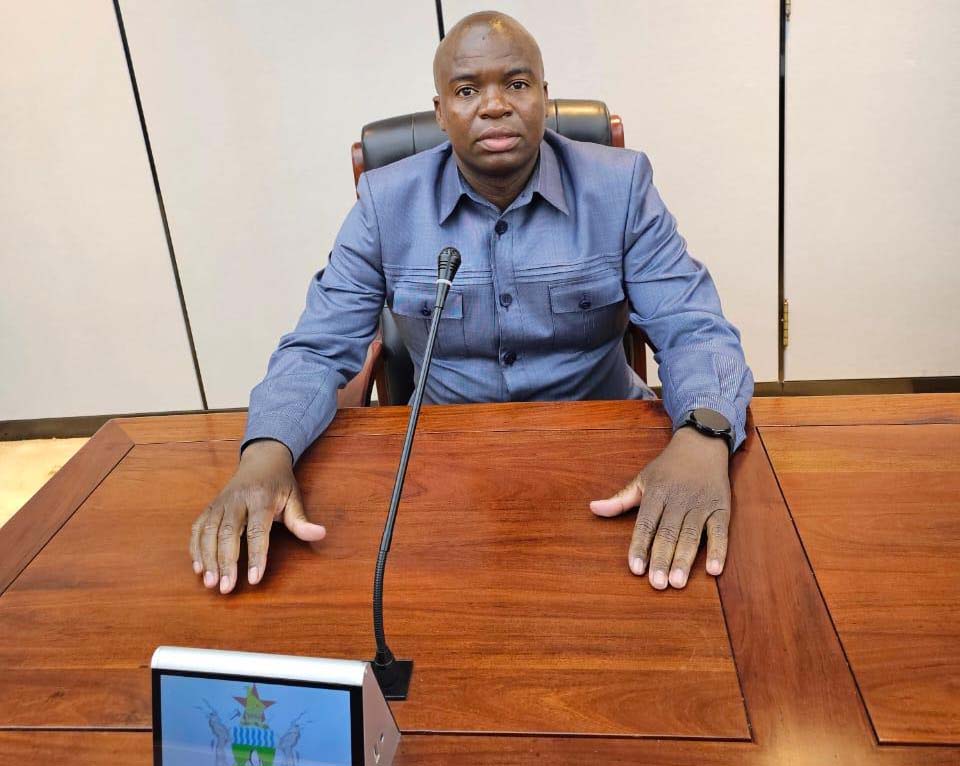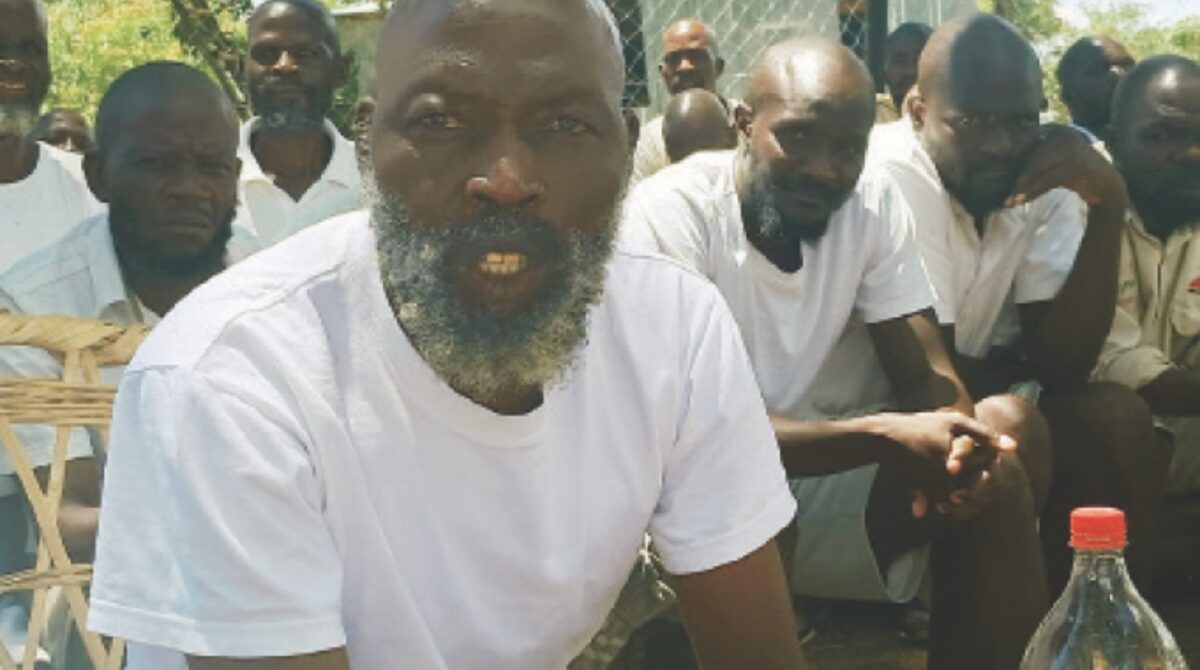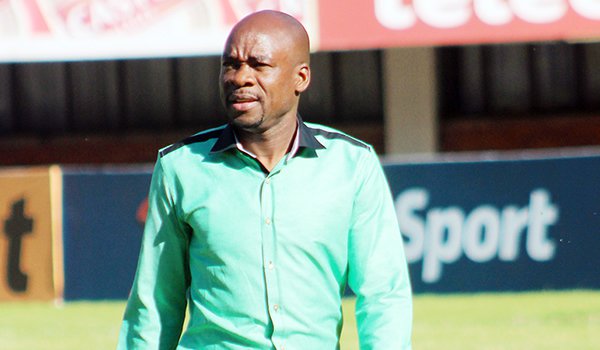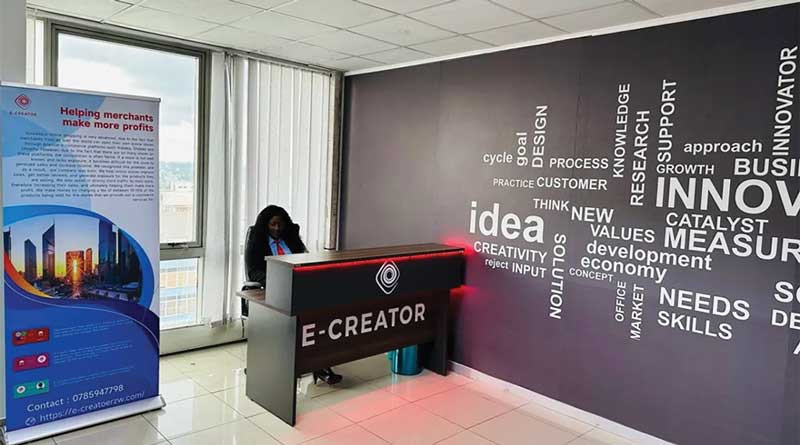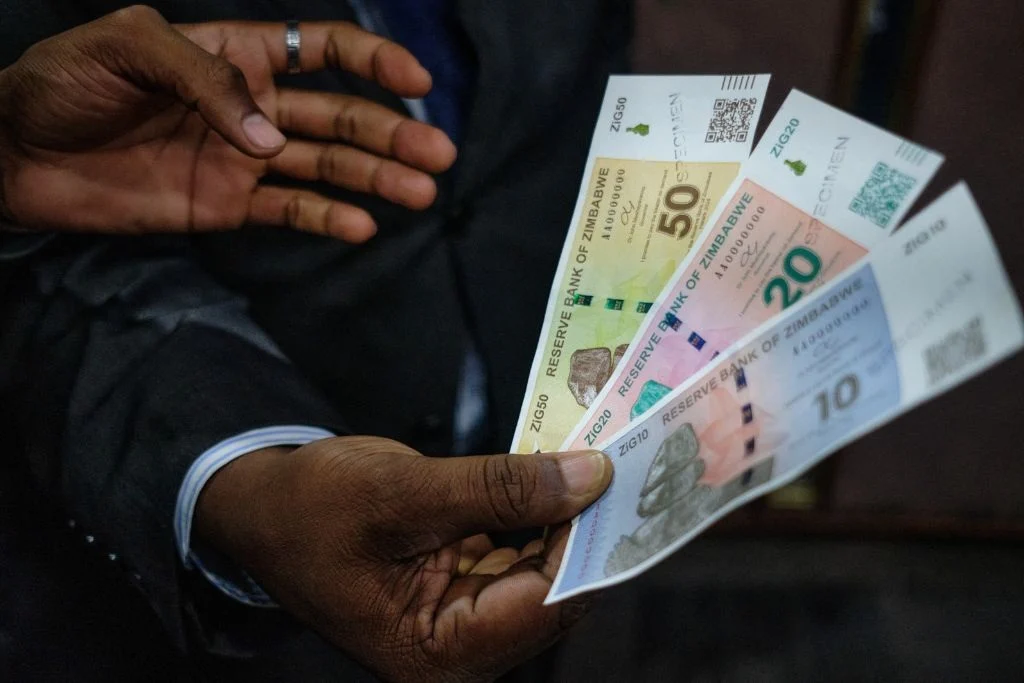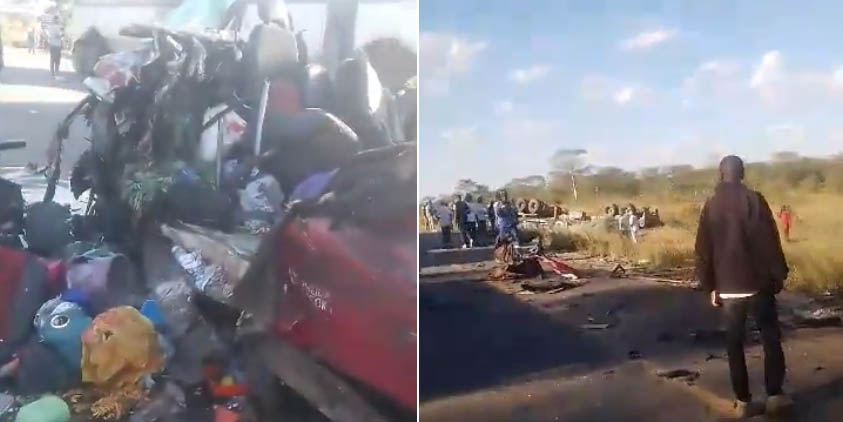HARARE – Drax Consult SAGL could be set for a US$11 million payout from the National Pharmaceutical Company (Natpharm) after the Supreme Court on Thursday ruled that a 2019 medical supply contract between the two companies, cancelled by the state-owned company, was still valid.
The Supreme Court bench comprising Justices Joseph Musakwa, Chinembiri Bhunu and George Chiweshe heard Natpharm’s appeal against an earlier High Court judgement.
“It is hereby ordered that the appeal is dismissed. The appellant shall pay the costs of suit. Full reasons will follow,” the judges ruled.
Natpharm cancelled a US$13 million contract with Drax signed in 2019 arguing that it was in violation of the Public Procurement and Disposal of Public Assets Act.
It argued that the Switzerland-registered company, fronted by Dilesh Nguwaya in Zimbabwe, “did not seek to call any evidence nor produce any documentation to show that the procurement proceedings were initiated or conducted with the requisite authority in place.”
Specifically, Natpharm argued, the contract was not subjected to an open tender.
Natpharm won at arbitration, but Drax appealed to the High Court.
Justice Webster Chinamora of the Harare High Court ruled that Drax Consult SALG’s contract to supply medicines and medical sundries was approved by the Procurement Regulatory Authority of Zimbabwe (PRAZ).
Chinamora ruled in favour of Drax, relying on a letter dated November 6, 2019, written by the CEO of PRAZ to the managing director of Natpharm sanctioning the “direct procurement method” through which the company sidestepped open tendering.
PRAZ CEO Nyasha Chizu wrote that this had been done as a “stop gap measure to address the current crisis at medical institutions countrywide.”
The judge added: “It seems to boggle the mind that the arbitrators found that the contract between the applicant (Drax) and the respondent (Natpharm) was illegal and unenforceable for want of compliance with section 15 of the Procurement Act…
“My observation is that on a proper examination of the letter of November 6, 2019, the administrators could not plausibly have made a finding of illegality of the contract.”
The ruling meant Drax could apply for the release of the US$2 million held by Hungarian authorities for goods already supplied, and sue for specific performance on the remainder of the US$11 million contract which was terminated.
Under the US$11 million contract, Drax was to supply medicines worth US$5,332,530 and medical sundries, mainly Covid-19 materials, for US$5,705,685.
The court heard the company had already delivered supplies worth US$2.2 million – but after taking a consignment of US$2 million, Natpharm rejected the other goods which are reportedly still at the Robert Gabriel Mugabe International Airport.
Natpharm appealed at the Supreme Court, leading to Thursday’s judgement.
Drax lawyer Everson Samkange said outside court: “Quite clearly, the contract had an uproar in terms of publicity from several sections of the media which had their various interpretations to the contract but what this judgement then means, because it is from the highest court, is that all those negative allegations that were being levelled against Drax were without basis and without foundation, and were just being made to smear their good standing.
“In my view once the highest court in the land has pronounced that the contract is valid, it means that all those statements that were to the contrary cannot be taken seriously. It also means that the people who were dismissed by the media had actually done absolutely nothing wrong.”
He said there were several options to consider now and he was waiting for instructions.
Samkange also protested that the “First Family” was “improperly dragged into the issue,” reference to President Emmerson Mnangagwa’s twin son, Sean, who is a reported business associate of Nguwaya.
Nguwaya and former health minister Obadiah Moyo, who was sacked in the wake of a ZimLive investigation into the contract, were cleared of criminal charges after they were arrested and charged with fraud.
